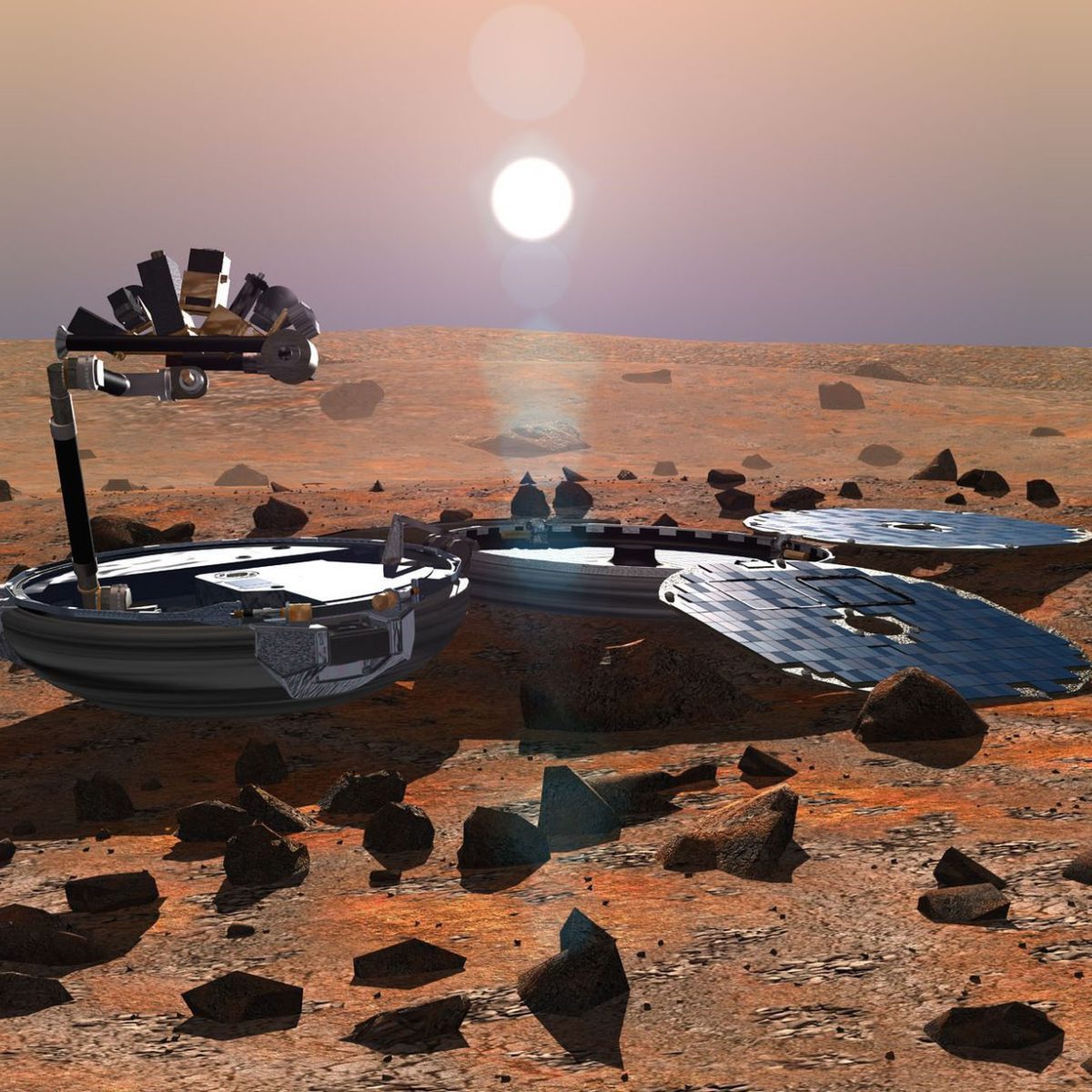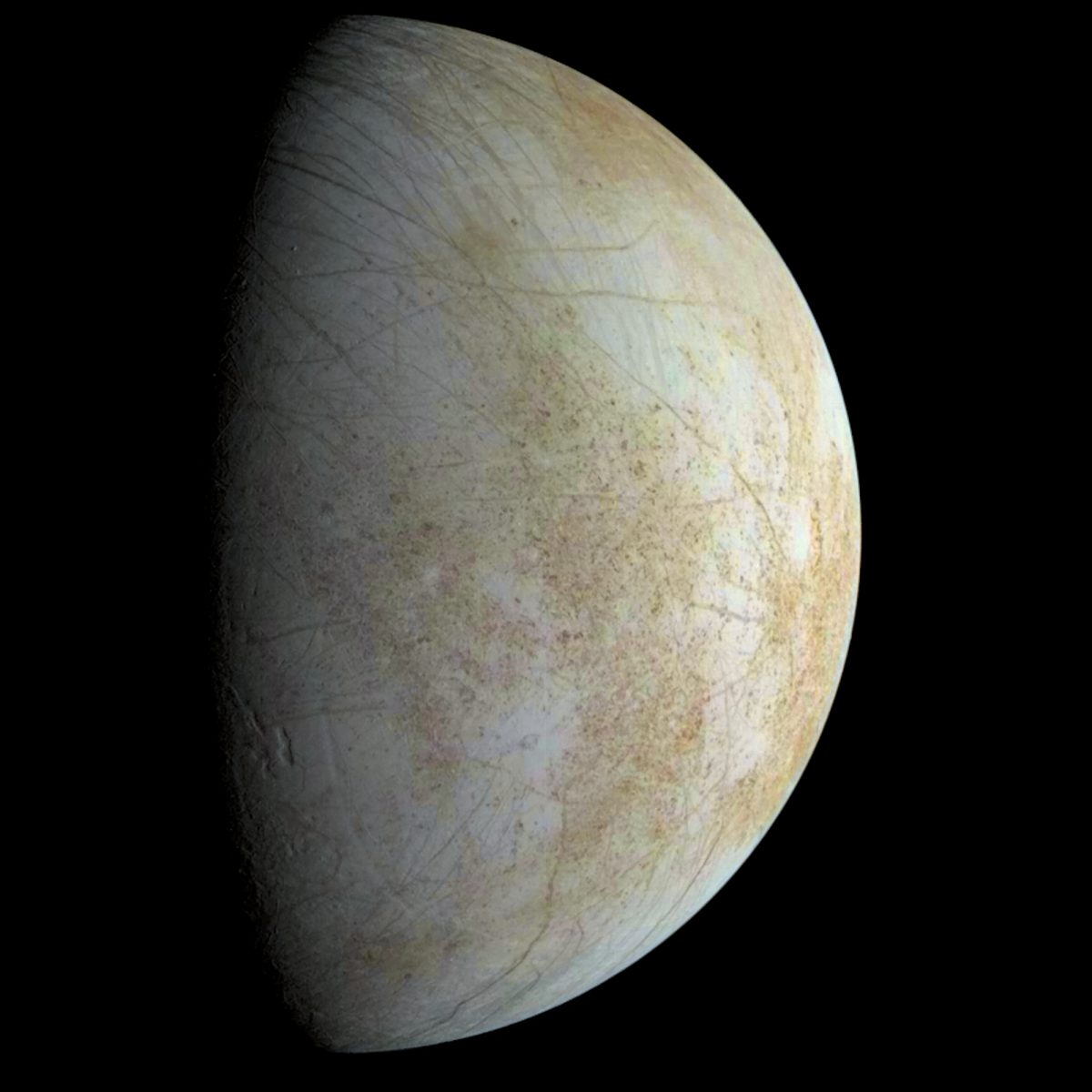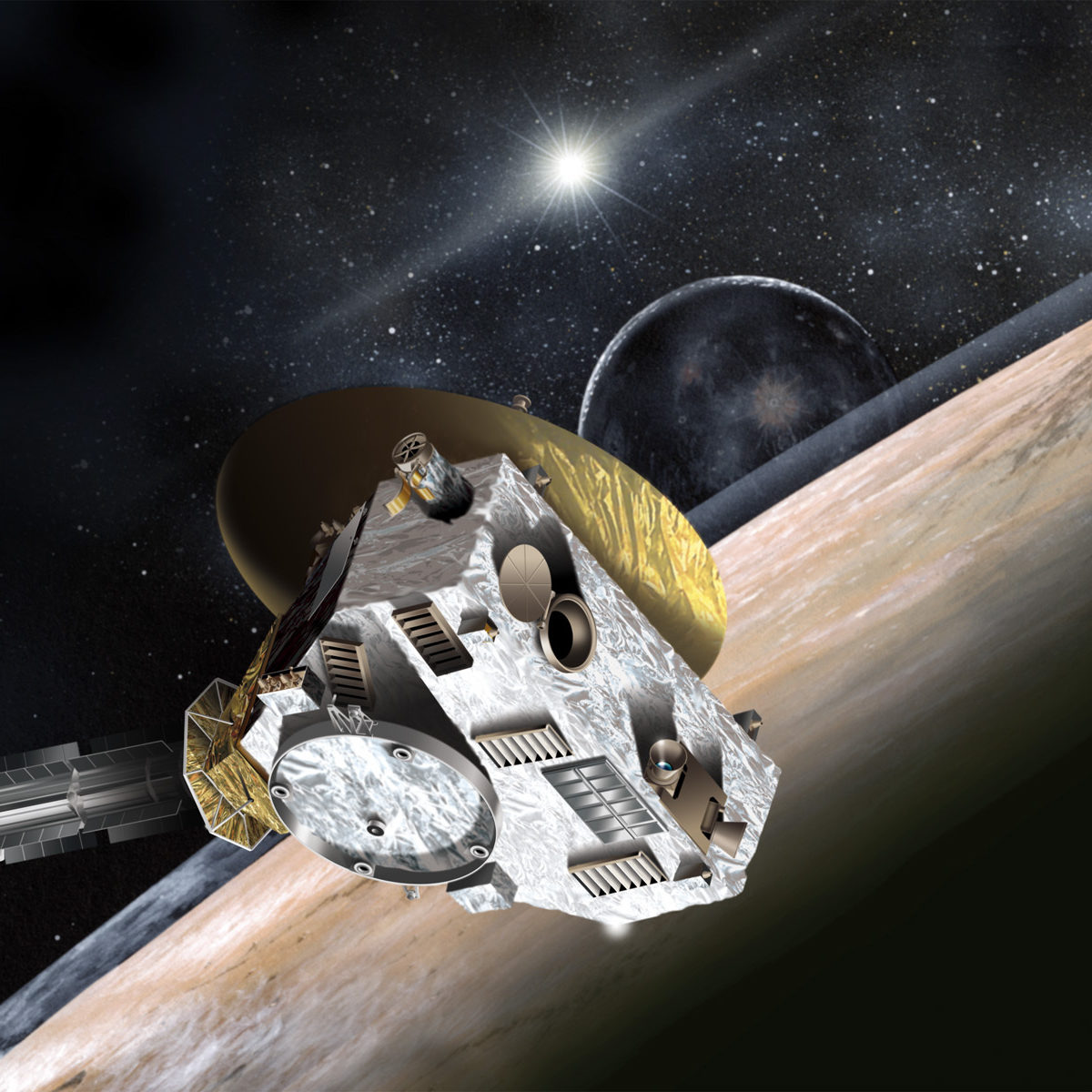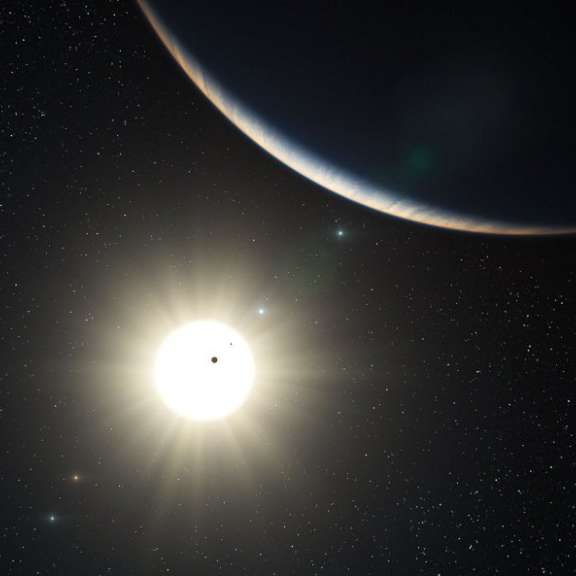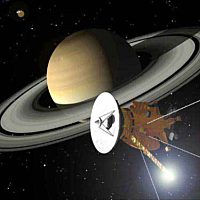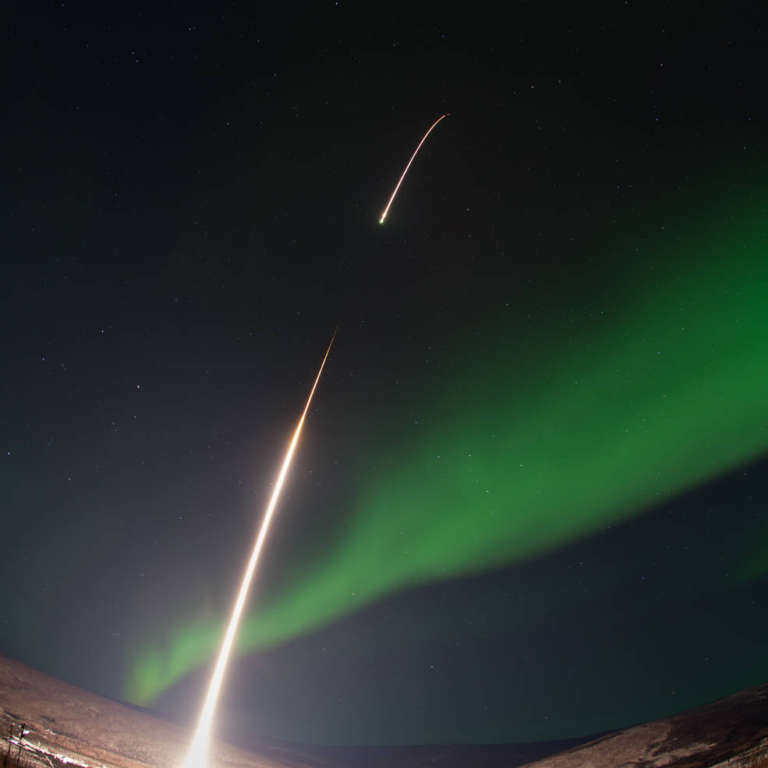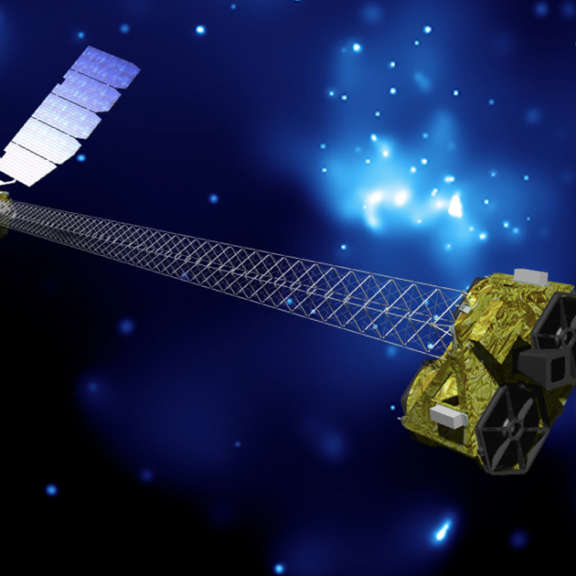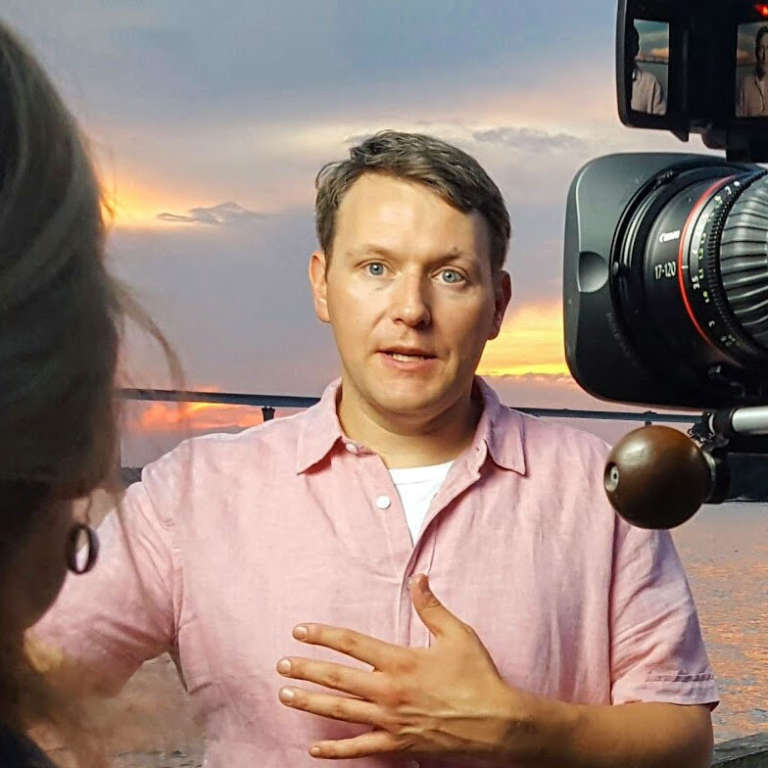Since 2002, Planetary Radio has visited with a scientist, engineer, project manager, advocate, or writer who provides a unique perspective on the quest for knowledge about our Solar System and beyond. The full show archive is available for free.
Search Planetary Radio
The newly-approved federal budget includes great news for fans of space exploration and development. Texas Congressman John Culberson led the fight for a Europa mission, the SLS rocket, commercial crew and more. He tells us why on this week’s show.
Senior Editor Emily Lakdawalla has returned from the Lunar and Planetary Science Conference in Texas with the latest revelations about our solar system. She shares them in an extended report.
The Beagle 2 Mars lander disappeared after it separated from the Mars Express orbiter on Christmas Day, 2003. Eleven years later, it has been found, partially-deployed on the Martian surface. Longtime Beagle 2 mission leader Mark Sims tells the story.
We’ll visit the Jet Propulsion Lab on its Icy Worlds Day to learn more about spacecraft exploring Ceres, Enceladus and Europa from leaders of these missions.
The just-released budget for the US space agency has much that fans of planetary science can be grateful for, though the news is not all pos.
Robina Shaheen and Mark Thiemens tell us how an ancient Mars meteorite has revealed much about the red planet. Mat holds a tiny fragment of the rock in their UC San Diego lab.
The Planetary Society’s experts look forward to a great year of firsts in the solar system and beyond.
Our annual review of the greatest events and accomplishments over the last year features analysis and commentary by Bill Nye the Science Guy, Emily Lakdawalla, Jason Davis, Casey Dreier and Bruce Betts, along with a special new year’s gift of Neil deGrasse Tyson.
MIT planetary scientist and astrophysicist Sara Seager is on a quest. She wants to find a warm, wet exoplanet with signs of life. It could be Earth 2.0.
It’s terribly hard to find exoplanets that look like our homeworld. The search requires development of astoundingly powerful and precise instruments. That’s the job Debra Fischer and her team have taken on.
Cassini Project Scientist Linda Spilker joins us at the first Starlight Festival in Big Bear Lake, California, and festival MC Andre Bormanis makes a bonus appearance on the show.
Planetary Radio host Mat Kaplan learns why Director of Advocacy Casey Dreier is cautiously optimistic about the budget outlook for planetary science and exploration, so long as Planetary Society members and others keep making their voices heard in the nation's capitol.
NASA has just published
It’s back to Alaska, this time to the Poker Flat Research Range, where former Director Neal Brown and his staff launched sounding rockets into the heart of the Aurora Borealis. Emily Lakdawalla explores newly-discovered and very distant dwarf planets, and Bill Nye the Science guy has the latest on NASA’s planetary science budget.
Principal Investigator Fiona Harrison provides an X-ray tour of some of the universe's most fascinating objects, Casey Dreier has analysis of NASA's 2015 budget plans, and Bill Nye sees the inherent optimism of science in the verification of another 715 exoplanets.
NASA unveiled its 2015 budget plans in a March 4 media briefing. Minutes later, Planetary Radio host Mat Kaplan got an enlightening and engaging analysis from Planetary Society Director of Advocacy Casey Dreier. You’ll hear about the winners, the losers, and the uncertain futures of many NASA initiatives and missions.
Good news, for a change! Congress decided to provide $127 million more for planetary science than was requested by the President. Bill Adkins of Adkins Strategies in Washington and the Society’s Director of Advocacy, Casey Dreier say a battle has been won, but the war for science continues. Emily Lakdawalla helps us understand how an eye in the Martian sky helps track Curiosity on the surface. Bill Nye addresses the mastodon in the room, and there’s a new and cool prize for the winner of the What’s Up space trivia contest.
The annual fall meeting of the American Geophysical Union revealed lots of science, some of it astounding. Emily Lakdawalla was there with Advocacy and Outreach Coordinator Casey Dreier, whose news was not quite as good.
Maybe it wasn’t “the comet of the century,” but ISON has left a scientific legacy that is beyond compare. That’s according to Karl Battams of NASA’s Comet ISON Observing Campaign on this week’s show.
The director and cast of Star Trek: Into Darkness meet up with real space travelers. Also: Planetary science funding from NASA is in trouble, so a delegation led by Bill Nye the Science Guy descended on Washington DC last week to sound the alarm. Planetary Society Advocacy chief Casey Dreier provides a report, and comments on the Society’s support for NASA’s Asteroid Retrieval Mission.


 Explore Worlds
Explore Worlds Find Life
Find Life Defend Earth
Defend Earth




